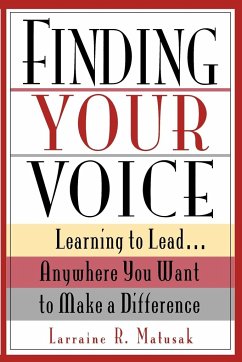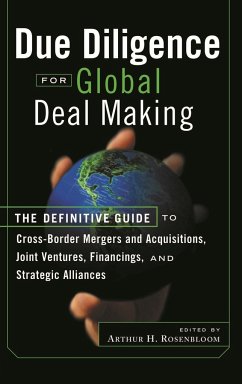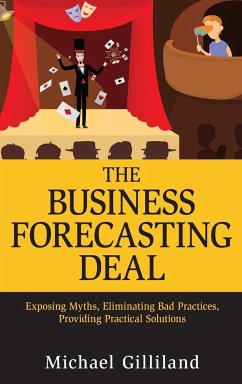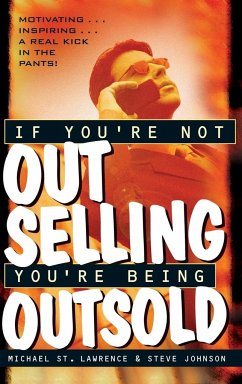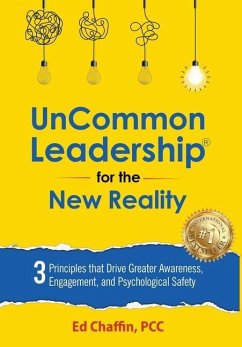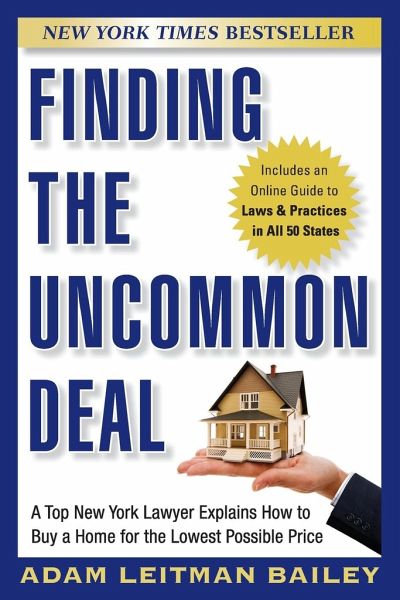
Finding the Uncommon Deal
Versandkostenfrei!
Versandfertig in über 4 Wochen
15,99 €
inkl. MwSt.
Weitere Ausgaben:

PAYBACK Punkte
8 °P sammeln!
FINDING THE UNCOMMON DEAL Real estate deals are like worms: to find the choice ones, you'll have to do some digging. In today's tumultuous market, buyers who are willing to dig deep can now find some of the best opportunities in history. In Finding the Uncommon Deal, you'll get the expert advice you need to navigate this changing real estate world. You'll learn how to maximize your buying and borrowing power, gather on-the-ground intelligence on great deals, and negotiate for rock-bottom prices. "Finding the Uncommon Deal tells you what you must know before buying a home ... period. I highly r...
FINDING THE UNCOMMON DEAL Real estate deals are like worms: to find the choice ones, you'll have to do some digging. In today's tumultuous market, buyers who are willing to dig deep can now find some of the best opportunities in history. In Finding the Uncommon Deal, you'll get the expert advice you need to navigate this changing real estate world. You'll learn how to maximize your buying and borrowing power, gather on-the-ground intelligence on great deals, and negotiate for rock-bottom prices. "Finding the Uncommon Deal tells you what you must know before buying a home ... period. I highly recommend reading this book at any stage of your real estate experience. This is the most comprehensive home-buying resource written by one of the most respected and knowledgeable real estate attorneys, investors, educators, and mentors in the country!" -Evan Farmer, host of home-makeover and real estate show While You Were Out "This should become an essential guide for home-buyers. It combines a real estate lawyer's insider expertise with easy-to-follow directions for everyday house-hunting and home-buying. For good measure, Adam Leitman Bailey sprinkles in anecdotal lessons and commonsense financial advice from his personal experiences. Don't leave home or move to a new one without this book." -Leonard Downie, former executive editor, The Washington Post




